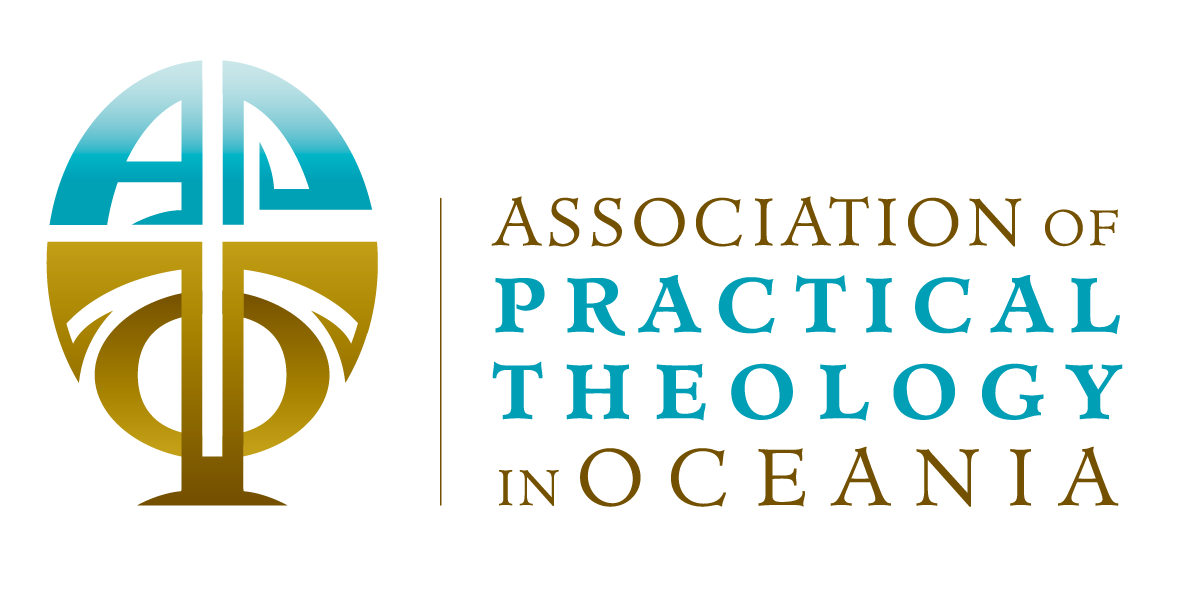

Discussion Time:
Location: Wirraway
Practical Theology, or reflections on the enactment of theological understandings and commitments, is a complex profession which practices in the context of multiple worldviews, theologies, philosophies, spiritualities and social imaginaries through practitioners to recipients of similar diversity. In all of this, particularities of the faith or approach to spirituality of both participants and recipients is often paramount. It is something in which a “one size fits all” approach is essentially unworkable. This paper will explore a four-part analytical model of approaches to practical theology to enable practitioners to locate themselves, assess their capacity to serve in particular contexts or to particular recipients, and to consider the breadth and scope of the fields of dialogue within which they need to graciously engage. The model is based on the idea that the delivery of any theologically informed action occurs within the context of a service environment, by practitioners with various overlapping yet particular theological commitments, philosophical groundings, and methodological approaches.
Professional supervision is an ordinary component of the work culture for those working in human or social services. Yet, for some clergy, the term ‘supervision’ appears to be a barrier: the term has the connotation of checking up or evaluation, to which such clergy reply that they are responsible to their bishop only. While there has been debate in the field about the term ‘supervision’, the current consensus is to retain the term ‘pastoral supervision’, because it is consistent with clinical supervision accessed by other professionals working in human services, such as psychotherapists, counsellors and social workers. Supervision is a way of learning from experience. It is a relationship whereby supervisor and client engage in an enquiry into workplace events and practices in order to be more effective. Supervision is a way of reflection, identification, awareness-raising, naming and questioning the workplace reality with its challenges and achievements. While supervision is concerned with pastoral practice, there might also be an occasion to bring personal issues related to the client’s pastoral practice into the supervisory space. Supervision is not counselling, spiritual direction or psychotherapy. Rather, it is a process of structured reflection on experience that offers accountability, feedback and insight, and explores strategic ideas for better work practices. Paramount for this to happen is that supervisors recognise their own limits and offer referrals when appropriate to other professional service providers. This paper will investigate the connections between pastoral supervision and the theme of the conference, gracious engagement and how, viewing it in this way may make it possible for clergy to overcome resistance to their practise of pastoral supervision.